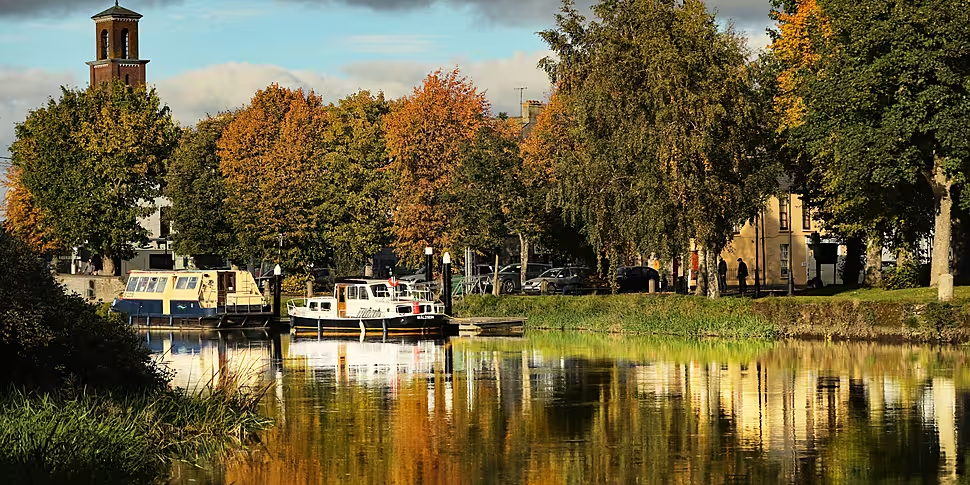“Really urgent action” is needed to reduce the level of nitrogen seeping into Ireland’s rivers and lakes according to the Environmental Protection Agency.
Almost half the country’s rivers and lakes are no longer able to sustain a healthy ecosystem of fish, plants and insects, according to the EPA’s latest report.
It finds that, while half the country’s waterways are in good or high biological condition, the other half are struggling to deal with high levels of nitrogen and wastewater.
On Newstalk Breakfast his morning, EPA Programme Manager Mary Gurrie said the 2020 report is “a little bit mixed.”
“We have seen some overall improvements in that biological quality in rivers which is welcome but unfortunately, we are also seeing a high level of declines as well so it is a question of three steps forward and two steps back,” she said.
She said the vast majority of the nitrogen in our waterway is coming from Irish farms.
Clean water is essential to our health and well-being. Water pollution can affect our drinking water as well as our recreational activities and livelihoods. It is vital that we protect our water quality. Read our EPA 2020 Water Indicators Report here: https://t.co/8RsxT9jPhL pic.twitter.com/yfZZS1tu3o
— EPA Ireland (@EPAIreland) July 14, 2021
“We are very concerned about the high levels of nitrogen in our rivers, lakes and the ground water in our estuaries,” she said.
“They are too high particular in the east and southeast of the county – and they are increasing.
“We did recent analysis that shows that, in most of those rural catchments - big rivers like the Barrow, the Slaney, the Lee and the Bandon - more than 85% of the nitrogen is from agriculture.
“That is from chemical fertilizer and organic fertilizer form the slurries and manures from livestock.”
Nitrogen
She said more needs to be done to educate farmers about what they need to do to reduce the amount of nitrogen they are applying.
“A lot of the nitrogen that is being applied is actually just going to waste,” she said.
“It is a waste of money and farmers precious time because it is being applied on to the land, it isn’t getting used by the crops and it soaks down into the ground water and then into the rivers, so there are a range of measures that can be taken to reduce the nitrogen.”
She said “really urgent action” is also needed to strengthen the measures included in the Nitrates Action Programme, which sets limits on the use and storage of livestock manure as well as banning the spreading of manure at certain times of the year.
Wastewater
Ms Gurrie also warned that waste water remains a “significant pressure” on Ireland’s waterways.
“We still have areas where we have raw sewage being discharged into our environment and we have called - and repeatedly called - for sustained investment to upgrade our wastewater facilities and that Irish Water speeds up its rate of delivery.
“So, that is another big pressure on our water environment.”
You can listen back here:









